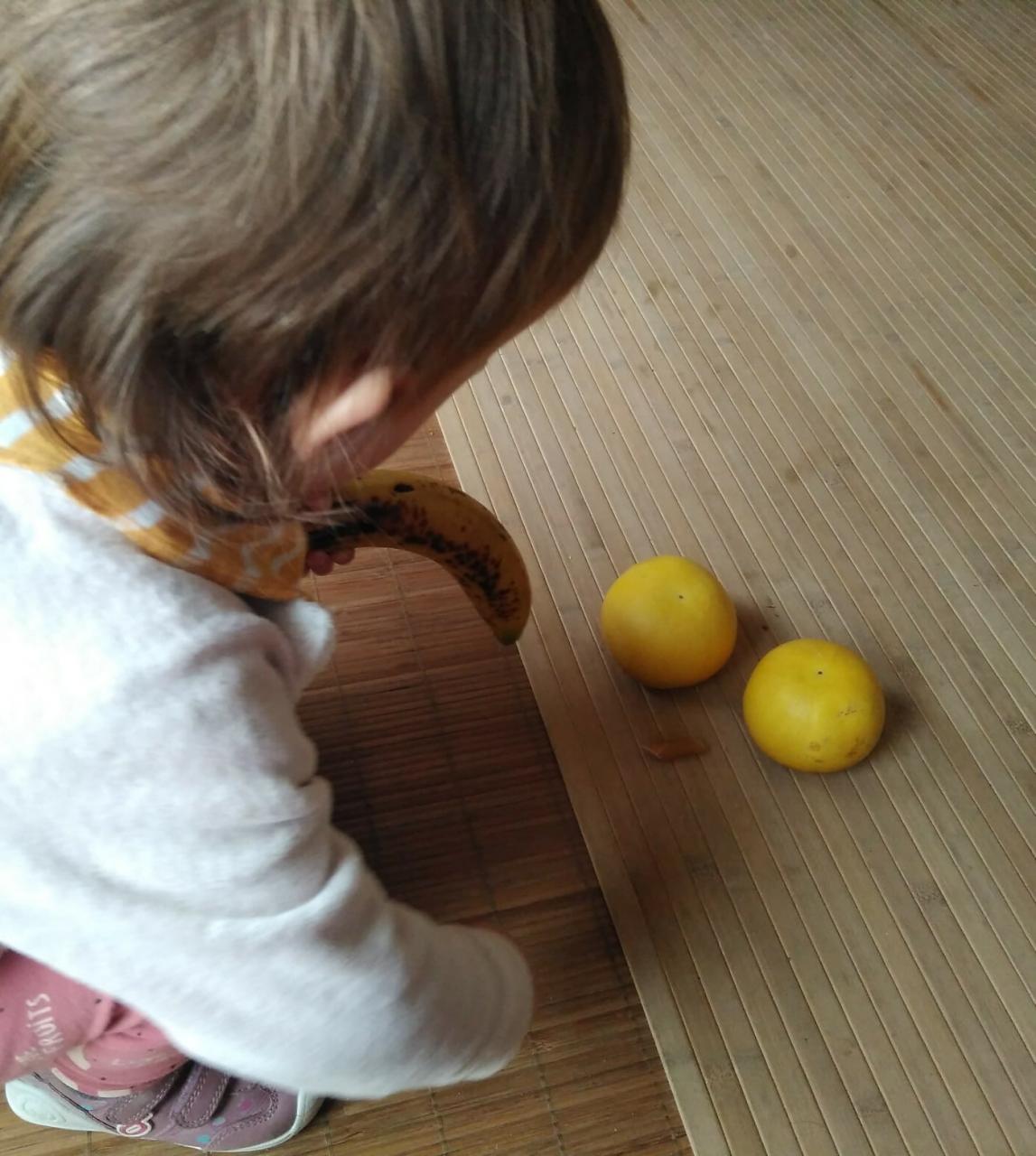As we enter another enforced set of regulations to try to stem the pandemic, I suspect many families are going through a sense of shock, hopelessness, despair and anxiety. I was in Palma on Tuesday and happened to witness the demonstration where restaurant owners were pleading to be listened to – their livelihoods threatened and the taken for granted-ness of providing food and shelter for their children laid bare on the streets – “I cannot provide for my family”. It was a sharp reminder that even though in the early days of the pandemic there were memes of “we are all in this together”, or “all in the same boat” – as with all life the reality is that we have our own individual experiences and our children can, in the most part simply observe and guess what’s going on. The website A New Day has the following alert box on its primary page:
“We need to own our feelings so our kids can own theirs. Before starting any more parenting techniques or strategies, first start with changing your parent mindset. It starts with you”.
I have written many times before about the power of ‘modelling’ behaviour as a parent - children learn a great deal by observing and then reproducing behaviours. The way in which we respond to the changing rules of the pandemic directly affects almost all children. So yes, we have a responsibility – not an easy one in any way, but what we do will either reinforce our children’s anxiety about a situation or help them to understand and change that response to anxiety.
I think parenting advice has evolved over the years; it was once thought that parents should be brave and hide their feelings to present a ‘normal’ life for our children. Hindsight is a wonderful thing, but there is now plenty of evidence to suggest that short term avoidance strategies just don’t work. We can end up smothering our children with what we think is a loving act.
The script of the podcast between Janet Lansbury and Dr. Ann-Louise Lockhart helps us to look on anxiety in a very ‘normal’ way. In their discussion Dr Lockhart explains that when we try to “fix” our children’s anxieties we actually end up reinforcing them. We are basically saying “yes, this is too much to handle, so I’ll help you by taking the anxiety trigger away, or avoiding it”.
They use the example of a child that is fearful of the big dog that made them jump one day on the walk to school. As a parent it is almost our natural instinct to find another way to get there, but Dr Lockhart challenges this choice, suggesting instead that we face the fear:
“I know it’s really hard for you to walk down the street because the dog behind the neighbour’s fence always scares you, do you think as we go on our walk today that you want to challenge yourself by staying on the same side of the street, or do you want to do it a little bit easier today and go on the opposite side of the street? What do you think?”
“…….giving them opportunities and empowering them. “How would you like to beat your fear today? How would you like to beat your anxiety today? Do you want to take it a little bit easy today because you don’t feel equipped or do you want to see how brave you can be?”
This message is for us parents too. The pandemic throws curve balls to us almost daily and how we respond is crucial if we are going to transform our own fear rather than transmit it to our children. How brave are we feeling? It is of course important to answer that with authenticity and to express this with carefully chosen words to our children. But Dr Lockhart points out that there is a very fine line between this authentic action being the best thing to do or if in fact it is an avoidance strategy.
The work I do with clients revolves around encouraging us to sit with our monsters and live life anyway – if we can encourage this mindset in our children it may reduce the alarming statistics of 1 in 5 children having a mental health issue. We can inadvertently bring our children up to learn avoidance strategies when something feels uncomfortable.
Dr Lockhart says “you should be uncomfortable. It’s not abnormal to be uncomfortable”. She goes on to remind us what to do:“help guide them in changing their thoughts and challenging their behaviours. Stop rescuing them from their thoughts and their behaviours and actually give them the tools. So taking deep breaths, being able to replace the scary thoughts with more adaptive thoughts”.
“We need to own our feelings so our kids can own theirs” – this for many is in itself an uncomfortable statement, but each time we avoid, we potentially add shame to ourselves and our children because we all look for explanations of things. If we don’t own our emotions and we pretend everything is OK, children internalise that there must be something wrong with them, and we unwittingly encourage them to use avoidance strategies calling them coping strategies. These may seem to work in the short term but in the long term we are not equipping our children with the life skills that will help them through whatever life has to throw at them.
Forrest Gump philosophy may be a way forward – no one knows what life will throw at us, but we can choose to open the box of chocolates and try each one fully living the experience and modelling healthy responses to our children.
References
https://www.anewdaysa.com/
https://www.janetlansbury.com/2020/12/what-parents-need-to-know-about-anxiety-with-dr-ann-louise-lockhart/


No comments
To be able to write a comment, you have to be registered and logged in
Currently there are no comments.